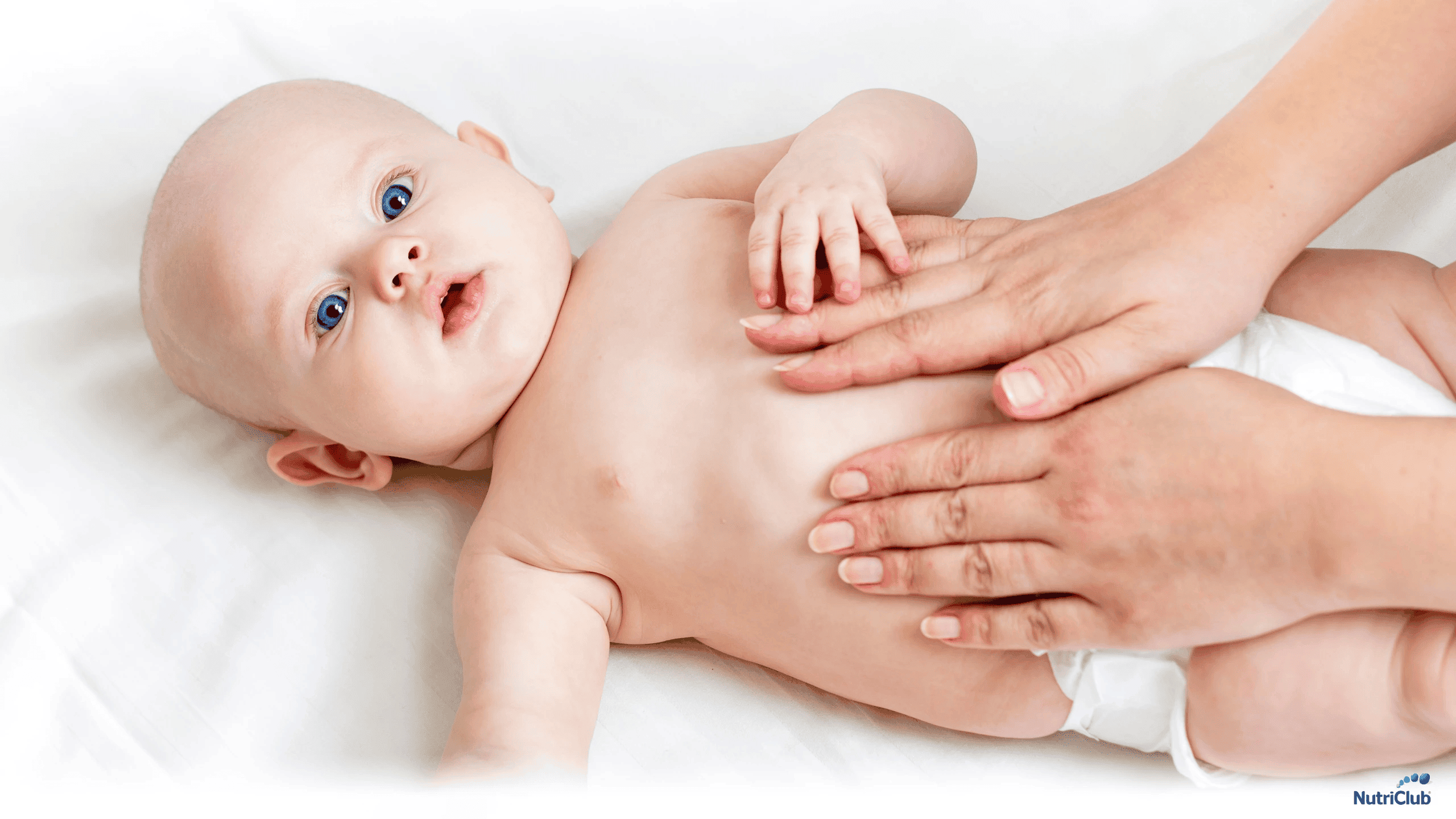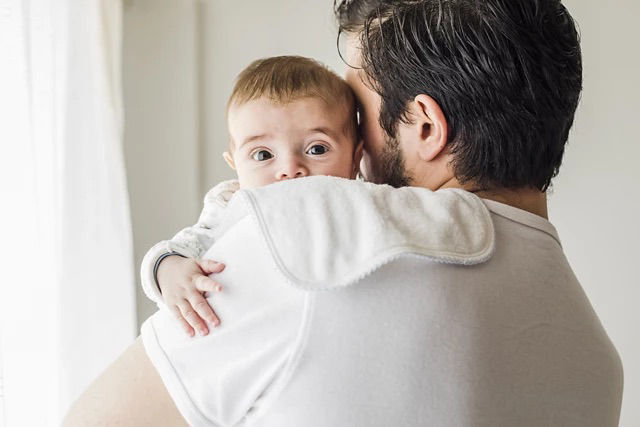Opening a nappy to find a sudden, watery explosion can instantly shift parental gears from calm to concerned. Is it just a very loose poo, or is this actually baby diarrhoea? It’s a question that can send a shiver down any parent’s spine because knowing what to do when baby has diarrhoea and how to prevent dehydration in babies is critical. You might find yourself instinctively reaching for your phone, searching frantically for answers.
The good news is you don’t have to tackle this worry alone. With the Aptaclub AI Poo Checker, you can get instant analysis of what’s in your baby’s nappy from a simple photo upload. Our tool helps you understand changes in their nappy contents and provides reassurance when you need it most. So, if you’ve got questions about your baby’s poo, you can just Poogle It! If your baby has repeated episodes of explosive diarrhoea, especially if it’s a change from their usual poo pattern, it’s best to seek prompt medical advice.
Let’s explore the signs of infant diarrhoea, common causes, and crucial steps you can take to keep your little one safe and comfortable.
First things first: what is baby diarrhoea? For babies, especially breastfed babies, runny poo can be quite normal. The key isn't just how watery it is, but also changes in frequency, volume, and consistency from your baby's usual pattern1.






?ts=1701285595274&dpr=off)
